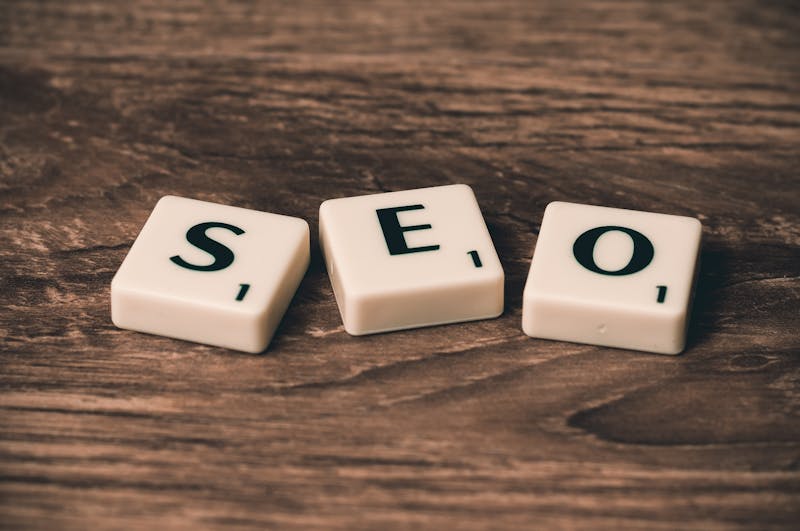Choosing between WordPress and Shopify can make or break your online business. This comprehensive comparison will help you make the right decision for 2025.
Overview
Both WordPress and Shopify are powerful platforms, but they serve different purposes and audiences. Let's break down the key differences.
WordPress: The Flexible Giant
#
Pros:
Complete Control: Full ownership of your website and data
Unlimited Customization: Thousands of themes and plugins
SEO Powerhouse: Superior SEO capabilities out of the box
Cost-Effective: Lower long-term costs for content-heavy sites
Scalability: Can handle millions of visitors with proper hosting#
Cons:
Technical Knowledge Required: Steeper learning curve
Maintenance Overhead: Updates, backups, security are your responsibility
Hosting Costs: Need to manage hosting separately
E-commerce Setup: Requires WooCommerce plugin for online storesShopify: The E-commerce Specialist
#
Pros:
Easy Setup: Get online in minutes, not hours
Built-in E-commerce: Everything you need for online selling
Reliable Hosting: 99.9% uptime guaranteed
Mobile Responsive: All themes are mobile-optimized
24/7 Support: Always available customer service#
Cons:
Monthly Fees: Ongoing subscription costs
Transaction Fees: Additional fees on sales (unless using Shopify Payments)
Limited Customization: Restricted by platform limitations
App Dependency: Many features require paid appsCost Comparison
#
WordPress Costs:
Domain: $10-15/year
Hosting: $5-50/month
Theme: $0-100 (one-time)
Plugins: $0-500/year
Total: $100-800/year#
Shopify Costs:
Basic Plan: $29/month
Shopify Plan: $79/month
Advanced Plan: $299/month
Apps: $0-300/month
Total: $348-4,188/yearWhen to Choose WordPress
✅ Choose WordPress if you:
Want complete control over your website
Plan to publish regular blog content
Have technical skills or budget for development
Need advanced SEO capabilities
Want to avoid monthly subscription fees
Require complex customizations#
Best WordPress Use Cases:
Business websites with blogs
Content marketing sites
Service-based businesses
Complex e-commerce with custom requirements
Membership sitesWhen to Choose Shopify
✅ Choose Shopify if you:
Want to start selling quickly
Prefer managed hosting and security
Don't want to deal with technical maintenance
Need reliable e-commerce features out of the box
Value 24/7 customer support
Plan to use multiple sales channels#
Best Shopify Use Cases:
Product-based e-commerce stores
Dropshipping businesses
Multi-channel retail (online + offline)
Subscription box services
Digital product salesPerformance Comparison
#
WordPress Performance:
Speed: Depends on hosting and optimization
Scalability: Excellent with proper setup
SEO: Superior built-in SEO capabilities
Mobile: Theme-dependent#
Shopify Performance:
Speed: Generally fast, optimized by Shopify
Scalability: Handles traffic spikes automatically
SEO: Good, but limited customization
Mobile: All themes are mobile-responsiveSecurity Considerations
#
WordPress Security:
Responsibility: You handle security updates
Vulnerabilities: More attack vectors due to plugins
Control: Full control over security measures
Backup: Manual backup setup required#
Shopify Security:
Managed: Shopify handles all security updates
SSL: Free SSL certificate included
PCI Compliance: Built-in for payment processing
Backup: Automatic backups includedMigration Considerations
#
From WordPress to Shopify:
Product data can be imported
Blog posts can be migrated
SEO rankings may be affected
Custom features may need rebuilding#
From Shopify to WordPress:
Product export available
Theme customizations lost
App functionality needs replacement
More technical setup required2025 Recommendations
#
For Beginners:
Shopify Easier setup, managed hosting, built-in e-commerce#
For Content Creators:
WordPress Superior blogging, SEO, and content management#
For Large Businesses:
WordPress More scalable, customizable, cost-effective long-term#
For Quick E-commerce:
Shopify Faster time to market, reliable infrastructureConclusion
The choice between WordPress and Shopify depends on your specific needs, technical skills, and business goals. WordPress offers more flexibility and control, while Shopify provides simplicity and reliability.
Need help deciding? Contact us for a free consultation to determine the best platform for your business needs.



